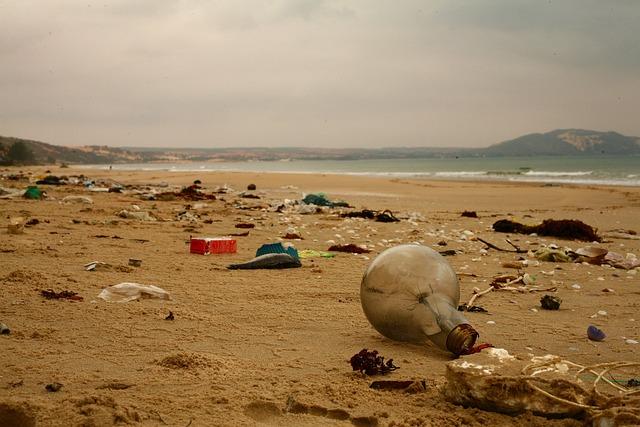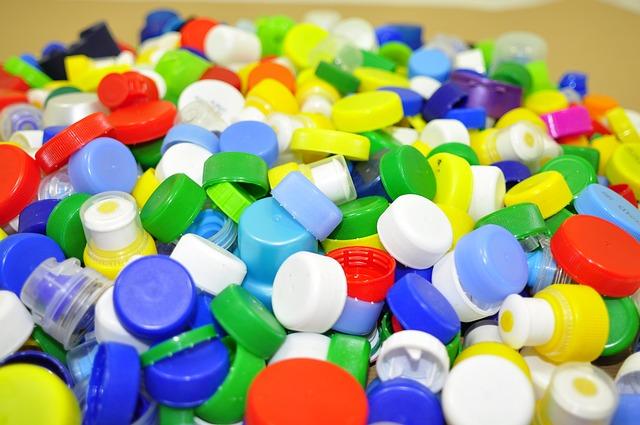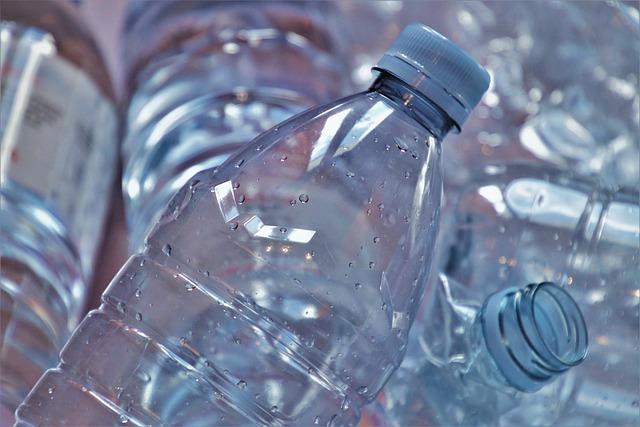- Introduction
- Plastic Waste Impact
- Current Challenges
- Sustainable Solutions
- Community Involvement
- Conclusion
- FAQs
Introduction
Plastic waste has become a pressing global issue, with devastating consequences on our environment, wildlife, and health. This article explores the growing crisis of plastic waste pollution and the urgent need for sustainable solutions.
Plastic Waste Impact

(Image: Pixabay/@sergeitokmakov)
Plastic waste poses a significant threat to marine life, as millions of tons end up in our oceans each year. From entanglement to ingestion, marine animals suffer immensely due to plastic pollution. Moreover, plastics break down into microplastics, contaminating the water and food chain, leading to far-reaching ecological repercussions.
The impact extends beyond marine ecosystems, affecting terrestrial environments as well. Landfills overflowing with plastic waste not only mar the landscape but also release harmful chemicals into the soil and groundwater, posing risks to human health and wildlife.
Furthermore, the production and improper disposal of plastic contribute to greenhouse gas emissions, exacerbating climate change. Addressing the plastic waste crisis is pivotal in mitigating environmental degradation and safeguarding biodiversity.
Current Challenges

(Image: Pixabay/@652234)
Despite increasing awareness around plastic pollution, significant challenges hinder effective waste management. One major obstacle is the pervasive use of single-use plastics in various industries, which exacerbates the volume of plastic waste generated. Recycling infrastructure limitations, inadequate waste collection systems, and insufficient policies also impede efforts to curb plastic pollution.
Additionally, the globalization of plastic production coupled with a lack of standardized regulations results in transboundary waste trade and illegal dumping practices. The complex nature of the plastic waste issue demands collaborative and multi-faceted solutions to address its far-reaching consequences.
Educating consumers, promoting sustainable alternatives, and holding producers accountable are essential steps in overcoming the current challenges associated with plastic waste management.
Sustainable Solutions

(Image: Pixabay/@articonn)
Transitioning towards a circular economy that prioritizes reuse, recycling, and reimagining product designs is crucial in combating the plastic waste crisis. Implementing extended producer responsibility (EPR) schemes, designing for recyclability, and investing in innovative recycling technologies are key strategies for achieving a more sustainable plastic management system.
Encouraging the use of biodegradable materials, fostering eco-friendly packaging solutions, and supporting initiatives that promote plastic waste reduction are vital components of sustainable solutions. Collaboration between governments, industries, and communities is imperative in driving systemic changes towards a circular and regenerative approach to plastic use.
By embracing sustainable practices and embracing a mindset of resource conservation, we can work towards a future where plastic waste no longer threatens our ecosystems and public health.
Community Involvement

(Image: Pixabay/@pasja1000)
Engaging local communities in waste management efforts is instrumental in creating lasting impacts in the fight against plastic pollution. Community-led clean-up initiatives, recycling programs, and awareness campaigns empower individuals to take collective action in reducing their plastic footprint and preserving the environment.
Supporting small-scale enterprises that promote upcycling and plastic waste recovery not only contributes to waste diversion but also fosters economic opportunities within communities. Educational outreach, participatory decision-making processes, and partnerships with grassroots organizations play a vital role in fostering a culture of sustainability and environmental stewardship at the local level.
By harnessing the power of community involvement and promoting environmental consciousness, we can instigate positive change and build resilient communities that prioritize environmental protection.
Conclusion
The escalating plastic waste crisis underscores the urgent need for collective action and innovative solutions to address this global challenge. By raising awareness, advocating for policy reforms, adopting sustainable practices, and engaging communities, we can combat plastic pollution and work towards a cleaner, healthier planet for future generations.
FAQs
How does plastic waste impact marine ecosystems?
Plastic waste poses a severe threat to marine life through entanglement, ingestion, and contamination of habitats. Marine animals often mistake plastic debris for food, leading to internal injuries and fatalities. Additionally, microplastics accumulate in the marine food chain, posing risks to ecosystem health and biodiversity.
What are some sustainable alternatives to single-use plastics?
Several sustainable alternatives to single-use plastics include biodegradable packaging, reusable containers, compostable materials, and innovative plant-based substitutes. By opting for environmentally friendly alternatives and reducing reliance on disposable plastics, individuals can significantly contribute to reducing plastic waste generation.

